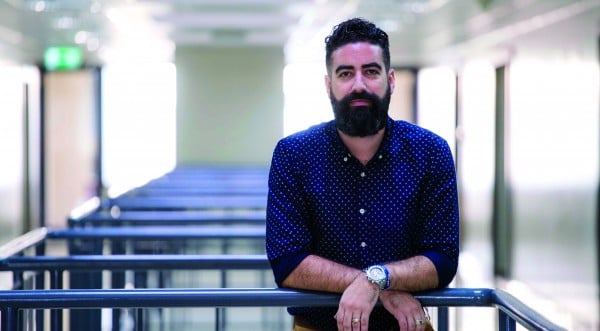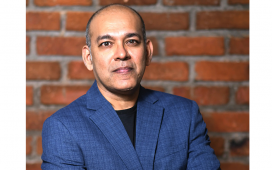2015 was a big year for experiential marketing and 2016 is poised to be even bigger by all accounts. Big businesses, small businesses, governments and start-ups are all getting involved and have actually seen that it delivers results. But do let me educate you in what is not experiential. Just by having a presence at an event does not mean you are activating your brand, nor does handing out samples with promoters wearing your brand. Experiential is all about real engagement with your consumers. It allows them to become a fan organically but more importantly it’s about inspiring consumers to act. Personalising and layering the experience that creates a journey for both the brand and the consumer gives you – as the brand – the ability to talk to them in their language at their preferred time and location. This is important as the loss of ‘humanness’ is a very real threat to 2016.
So what will experiential look like next year? Here are some of my thoughts for what 2016 holds for experiential marketing.
Meaningful experiences are key. Content will always be king and even more so in experiential marketing. Exceptional creative ideas that allow the brand to be a bit braver and merge online and offline with a multi- channel approach is going to be key as we look at cost- sharing between activations, retail and digital budgets. The biggest challenge while staying true to the brand and its culture is that it’s very easy to come up with an idea. But coming up with one that’s truly brand centred with the right target audience that can attract and engage a new generation – who will in turn become brand advocates – takes careful thought and research.
Good old storytelling through digital media plays a vital part in engagement. Technology is already an integral part of our day-to- day life and with video content for platforms like Instagram and Facebook brand awareness will continue to grow with the aid of social influencers. But how do we go beyond? Geo-fencing gives a real-time view of who is attending our events, but not only that if it’s used the right way. We can get access to so much more information. Be it finding out what interests them, how many followers they have or even if they are social influencers themselves. As technology progresses, expect to see more sensory experiences wrapped up in experiential activations but it has to deliver value by enhancing the way we experience the world around us. Designing these adventures is key, as design is about ideas and what design does best is accelerate the adoption of new ideas like Google glasses, 3D print, holograms or even the use of virtual reality in everyday life.
One of the key tools that is part of every conversation we currently have in the office is video content. Video is the future of content marketing. That being said, if it’s not here and now already, the integration on experiential campaigns with video’s inherent shareability is priceless to any brand big or small.
One of the biggest questions I get asked is how we track metrics at our activations. Well, 2014/15 was all about return on investments as every penny had to count. Times are changing. 2016 is more about ‘rate of engagement’. This is a measure of how the business engages with its customers and not only about the bottom line. We look at how we build brand loyalty and relationships with our customers. It’s the emotional intelligence that has the impact on what we do. ROE measurements can take many forms as tech- nology continues to evolve, like Tracx and Ditto our social listening tools. These give us an holistic view of the conversations our customers are having without having to search for hashtags or whether the brand has even been referred to in the con- versation at all.
I read a fantastic quote not long ago which for me represented ‘millennials’ perfectly: “Today’s unusual is tomorrow’s humdrum.” So where does experiential go from here when our main goal is to inspire consumers to act? For me, this is when we have to excel and inject real life expe- rience into the brand mix, which becomes a reward for the curious. Millennials are playing with (for me, the greatest technology ever created) the smartphone, with digital advances providing an amazing array of new opportunities – ones we have to be able to ensure we are present in, so that brand-human interaction doesn’t become a rare commodity. We must be sure to embrace the customers’ touchpoints and create an antidote to the ordinary.
Experiential marketing is about participation, engaging consumers, creating memories and, most importantly, a positive relationship with our brands in an immersive way. But there are far too many formulaic campaigns and our audiences deserve better. They deserve a brand adventure.
David Balfour is managing and creative partner at LightBlue










